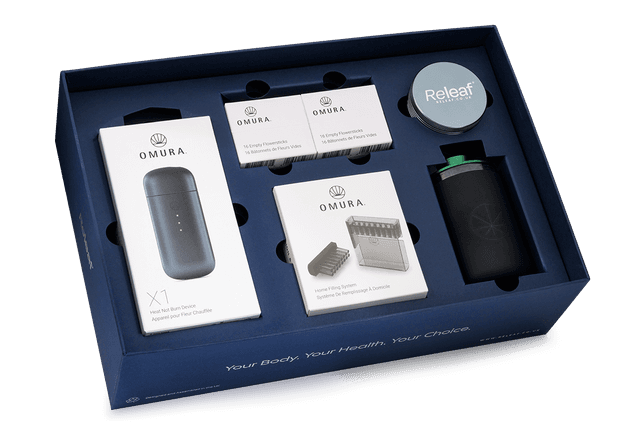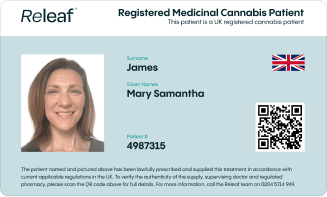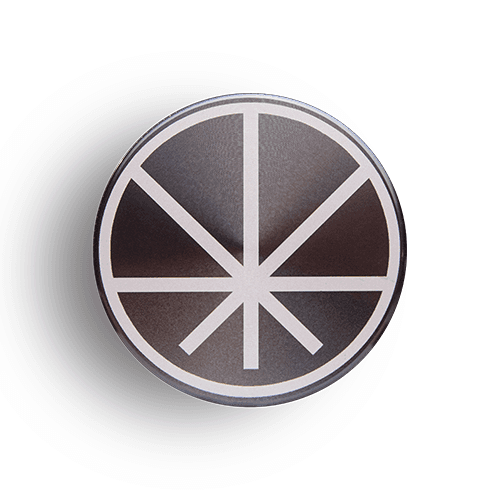CBD is a non-psychoactive cannabinoid that is naturally occurring in medical cannabis. It offers a range of possible health benefits, including acne reduction and prevention. Acne. The most common skin condition worldwide, negatively affecting the quality of life of hundreds of millions. Up to 95% of people aged between 11 and 30 are impacted in the UK, with estimates pointing to more than 9% of the total world population dealing with acne at some point in their life. With such huge numbers battling the condition, it's little wonder that the search for additional, natural remedies to help boost the efficacy rates of conventional therapies is never-ending. Leading this charge currently is CBD.
What is acne exactly?
Acne is an inflammatory issue that occurs when the pores of the skin become clogged with oil, bacteria, dirt, or dead skin cells. The more commonly seen symptoms of acne are whiteheads, blackheads, pimples, and (in more severe cases) cysts. Most often affecting the skin on the face and forehead, it can also pop up on the chest, shoulders, and upper back.
There are many contributing factors to acne. Stress, diet, hormonal imbalance issues, and genetics all play a part – as does the overproduction of sebum. Sebum is the oily, waxy substance produced by the sebaceous glands of the skin.
What is CBD?
CBD – full name Cannabidiol – is just one of the over 110 cannabinoids that have been isolated from the cannabis plant. Most often seen in the medical cannabis scene as an oil, or as an additive in skin care products, there is research suggesting that this particular cannabinoid may offer a variety of possible health benefits, including:
- Acne prevention and reduction
- Anxiety reduction
- Anti-seizure properties
- Inflammation and pain relief
- Neuroprotective properties
Is CBD good for acne?
The research certainly suggests so.
Current conventional therapies include bactericidal agents, topical retinoids, and oral antibiotics – and while these treatments do offer acne sufferers relief, they come with a range of unwanted (and sometimes significant) side effects, and the ever-dreaded antibiotic resistance. These less-than-desirable outcomes play a major role in the push for natural, yet effective alternatives.
How does CBD help reduce and prevent acne?
A groundbreaking study from 2014 was the first peer-reviewed paper to delve deep into the world of CBD and its effect on acne. It showed that CBD may potentially help reduce the amount of skin oil (sebum) produced by suppressing the growth and output of sebocytes - the cells that produce sebum. The findings also suggest that CBD has the potential to be a promising acne treatment, thanks to the reported anti-inflammatory effects of the cannabinoid.
There is also research that points to the possibility that CBD (and cannabis as a whole) has inherent antifungal and antibacterial properties, which may help cut the risk of acne flare-ups caused by bacteria, dirt, and other contaminants coming into contact with the skin and blocking the pores.
Research into cannabinoid efficacy is still in the early stages, but thanks to the sweeping changes in the legal standing for both medicinal and recreational cannabis worldwide, this area of study is set to boom in the coming years.
It is safe to say that treatment options containing CBD seem to have a positive impact on acne sufferers. It is good to keep in mind that this may not be the case for everyone, as with all medications there will be a range of effectiveness from patient to patient. Always talk to your doctor before making any decisions on which treatment route is best for you.
What are the different forms of CBD treatment options for acne?
CBD treatment options come in all shapes and sizes. Again, thanks to the recent shift in cannabis legality, the past few years have seen a massive increase in CBD options becoming available to people looking for additional methods to help reduce acne-related issues.
For people suffering from acne, the most widely prescribed are CBD-infused skin care products – think creams, cleansers, lotions, facemasks, soap, and serums – but many patients find that simply mixing a small amount of prescribed CBD oil with a carrier oil (coconut oil works great) and applying it directly to the affected areas shows promise in being effective.
Oral CBD products such as gummies or capsules may also help with the fight against acne outbreaks, but the majority of the research points to topical application directly to the skin as the best line of defence.
It is important to always choose CBD products from proven, reputable sources, as the industry at large is awash with companies making dubious claims.
Conclusion
While there is more research needed before we can hold any definitive answers on whether CBD is truly effective in the treatment for acne, it definitely seems to have a level of efficacy and may be a great addition to any acne treatment plan.
Natural treatment options are becoming increasingly popular in the current age. CBD is poised to be one of the few truly natural options and a possible top-level acne-fighting contender.
In the UK, to receive a medicinal cannabis prescription, you must first speak with a physician that is registered and qualified to prescribe cannabis. Here at Releaf, we have a team of doctors that meet these criteria, ready and waiting to help you in the fight against acne.
At Releaf, we believe that access to medical cannabis is important. That's why we offer tailored monthly packages based on your cannabis prescription, specialist consultations for medical cannabis, and a unique medical cannabis card for protection. Feel free to reach out at any time.





